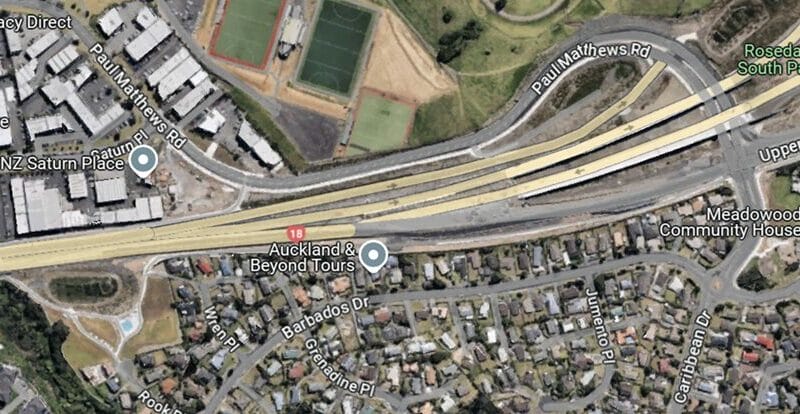The curtains have come down on one of the country’s longest running Building Act prosecutions after the Supreme Court had the final say and declined Danny Cancian’s application to bring a third appeal against his convictions.
Background
Mr Cancian, along with other defendants, including his company Bella Vista Homes Limited, was charged by Tauranga City Council under section 40 of the Building Act 2004 for carrying out building work not in accordance with the building consent/approved plans. The charges related to a failed housing development at the Lakes in Tauranga, known as “Bella Vista”.
There were so many issues with the building development that construction on 21 homes had to stop and a number of the homes had to be deconstructed.
Following a trial in the District Court, in 2020, Mr Cancian was convicted on charges relating to non-compliant blockwork, structural steel, and cladding. Mr Cancian then appealed his convictions to the High Court (where one conviction was dropped but the convictions were otherwise upheld), then applied for leave to appeal to the Court of Appeal.
The Court of Appeal rejected his argument and agreed with the District Court Judge that more than one person may supervise the same building work. It also rejected his application to adduce further evidence.
Third appeal – Supreme Court
Mr Cancian then applied for leave to bring a third appeal.
The Supreme Court observed that a third appeal is not possible where leave has been refused by the second appeal court.
The Supreme Court treated his application instead as an application to directly appeal the High Court decision to the Supreme Court. The Supreme Court made it clear that a heightened threshold applies: not only must one of the ordinary leave criteria in s 74 of the Senior Courts Act 2016 be met (including whether it raised a matter of general or public importance) but, even then, the Court must not grant leave unless there are “exceptional circumstances that justify taking the proposed appeal directly to this Court.”
In addition to previous grounds raised on appeal, which included that the Judges had failed to properly consider evidence, that the prosecution had withheld evidence, and that the prosecution had engaged in “discrimination”, Mr Cancian argued for the first time that his own defence counsel had failed to present crucial evidence that would have exonerated him, and made submissions without consent.
In a short, sharp decision, the Court rejected Mr Cancian’s application for leave to appeal: Cancian v Tauranga City Council [2023] 75/2023
The Court found that the appeal did not raise a matter of general or public importance. They further found that his arguments did not have “sufficient prospects of success to enable us to conclude that a substantial miscarriage of justice will occur unless the appeal is heard”.
The Court also noted that Mr Cancian had tried to raise new arguments not previously raised and that the arguments raised relating to trying to blame his defence counsel were not supported by any affidavit evidence.
Concluding comments
The decision brings to an end one of the longest running Building Act cases, and provides some helpful guidance around the procedural approach the Court will take in dealing with a third attempt to appeal, and the very high threshold that will apply.
The Supreme Court judgment also adds support to the Council’s decision to prosecute, and is a good reminder to the building industry of the need and importance of upholding building standards and safety.



